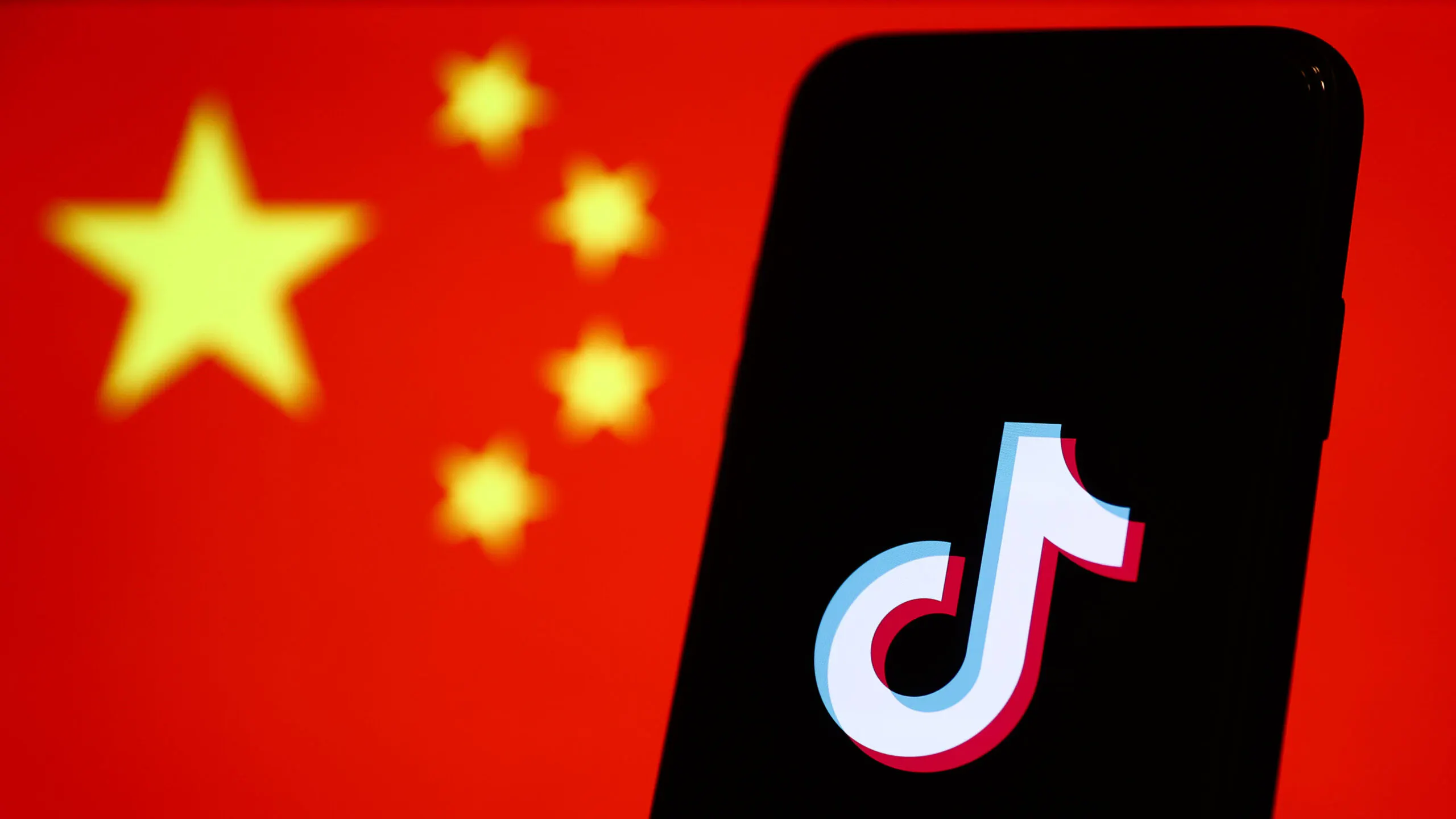TikTok CEO Shou Zi Chew vowed that ByteDance, the technology company based in China that owns the social media platform, is not an instrument of the communist nation.
“Let me state this unequivocally: ByteDance is not an agent of China or any other country,” Chew said in prepared remarks he is scheduled to deliver before members of the House Energy and Commerce Committee on Thursday.
Democratic and Republican members of Congress have raised concerns over allegations that associates of the Chinese Communist Party have access to American user data through TikTok, on which American young people spend more time than any other social media platform. The comments from Chew seek to prevent lawmakers from forcing a sale of TikTok to a firm based in the United States or an outright prohibition of the platform.
“I am well aware that the fact that ByteDance has Chinese founders has prompted concerns that our platform could be used as or become a tool of China or the Chinese Communist Party. There have even been calls to ban us or require divestment,” Chew commented. “Divestment doesn’t address the fundamental concerns that I have heard, as a change in ownership would not impose any new restrictions on data flows or access. This is not an issue of nationality.”
TikTok committed in one recent proposal called Project Texas to spend $1.5 billion protecting user data and ensuring that Chinese officials cannot access user information. Chew noted that TikTok has also contracted with American cloud services provider Oracle to handle and store domestic user data. The Committee on Foreign Investment in the United States, a board composed of nine cabinet-level officials who evaluate the national security implications of international investments, has reportedly rejected the proposal.
Chew has frequently touted the runaway popularity of TikTok in the United States as he seeks to dissuade lawmakers from taking action against the company. “We do not believe that a ban that hurts American small businesses, damages the country’s economy, silences the voices of over 150 million Americans, and reduces competition in an increasingly concentrated market is the solution to a solvable problem,” he remarked.
Critics of TikTok also note the psychological effects of the platform’s vertical video format on young users. The company announced in the weeks before Chew was slated to testify that every user under 18 years old would be subject to a default one-hour daily screen time limit, after which “teens will be prompted to enter a passcode to continue watching,” as well as more robust parental controls. Officials have noted that children under 14 years old who use Douyin, the version of TikTok available in China which predominantly features educational content, are only permitted 40 minutes of screen time each day and cannot access the platform at night.
“Today’s youth are growing up in a digital media world, and TikTok is eager to be part of the conversation about creating more robust protections,” Chew continued. “TikTok supports creating additional protections, including potential updates to the Children’s Online Privacy Protection Act, to address the modern online ecosystem. We would similarly welcome a conversation around legislation to enshrine better industry standards for age verification.”
President Joe Biden and several state-level officials banned TikTok from government devices over data security and surveillance concerns after reports indicated that ByteDance staffers in China used the platform to track the locations of specific American users. Chew asserted that TikTok has made “mistakes” related to privacy and is “making changes to address” the matter.

.png)
.png)

